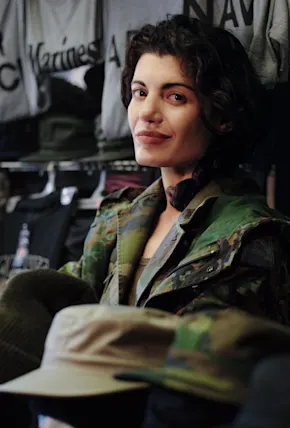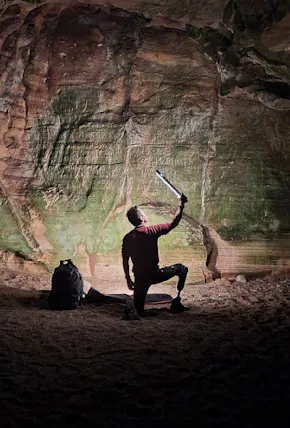These are strange times. And while most days, I feel stuck in a never ending loop of crises and catastrophes, I’d like to think that 2020 is the year we desperately needed. The world is changing, and change is usually painful. Maybe we’re just feeling the tremors of waking giants—a new generation emerging to create what’s next.
When I read Emilé Zynobia’s piece Coming Home, produced by Patagonia, the raw and honest take on representation in the outdoors spoke to me. Then and there I knew we had to talk.
Growing up, Emilé moved around a lot. At the age of 13, she moved in with her grandparents and Jackson, Wyoming became her home. She learned to snowboard the same year and fell in love the first time she strapped in. Now, she’s an ambassador for Jackson Hole Mountain Resort and pursuing a masters degree at Yale School of the Environment, where she also serves as co-director of the Yale Environmental Film Festival. Best of all, she can talk for hours about her thoughts on mountain communities (trust me, we did).












